LCN calls for action to end child labour
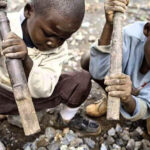
SHARE THIS PAGE!
The Lesotho Council of Non-governmental organisations (LCN) has urged all stakeholders to take swift and decisive action to eliminate child labour in the country.
In a statement to commemorate the International Day Against Child Labour today, the organisation called for a renewed commitment from the government, civil society, communities and families to enforce existing laws, report violations and strengthen child protection systems.
The day is dedicated to raising awareness and intensifying efforts to eliminate child labour in all its forms.
LCN gender, youth and child commission coordinator, ‘Mantšalla Ramakhula noted that despite legal frameworks that protect children’s rights, many children in Lesotho continue to be at risk of child labour, particularly in informal sectors, domestic work and agricultural settings.
This does not only violate their rights but also undermines their opportunity to access quality education, which is essential for breaking the cycle of poverty.
The Children’s Protection and Welfare Act of 2011 provides a strong legal foundation for protecting children from exploitative labour. The law clearly prohibits exploitative child labour, defining it as “work that negatively affects a child’s health, education, or physical, mental, moral or social development.”
It further forbids the employment of children under the age of 15 in formal work. Violators of these protections are subject to significant penalties, including fines and imprisonment.
The Labour Act of 2024, on the other hand, describes child labour as any work that deprives a child of their dignity and potential and is harmful to their physical, mental, social and moral development. Section 10 (3) (d) describes any work which, by its nature or the circumstances in which it is carried out, is likely to harm the health, safety or moral of a child as part of “worst forms of child labour’’ for children below the age of eighteen. These laws draw their mandate from the supreme law of the land- The Constitution on ‘Section 9 Freedom from slavery and forced labour’.
“As Basotho we understand the cultural upbringing where children are introduced to the world of work in an early stage to mould them into responsible and better adults. That should by no means hibernate the worst form of child labour under the pretext.
“There is a clear distinction between the two. Studies abound where young minor boys are enslaved by herding the flock and the payment is received by parents, but in most cases by the guardian after the death of the boy’s parents. Communities and neighbours should report such acts to the nearest authorities, as they violate the laws of the country quoted herein,” Ramakhula said.
She emphasised the need to promote inclusive and accessible education for all children, especially those from vulnerable and marginalised communities. Education is not only a right but a powerful tool for protecting children from exploitation and ensuring their full development and participation in society, she added.
“Let us stand united in building a Lesotho where every child is safe, educated, and empowered free from the burden of child labour,” she urged.
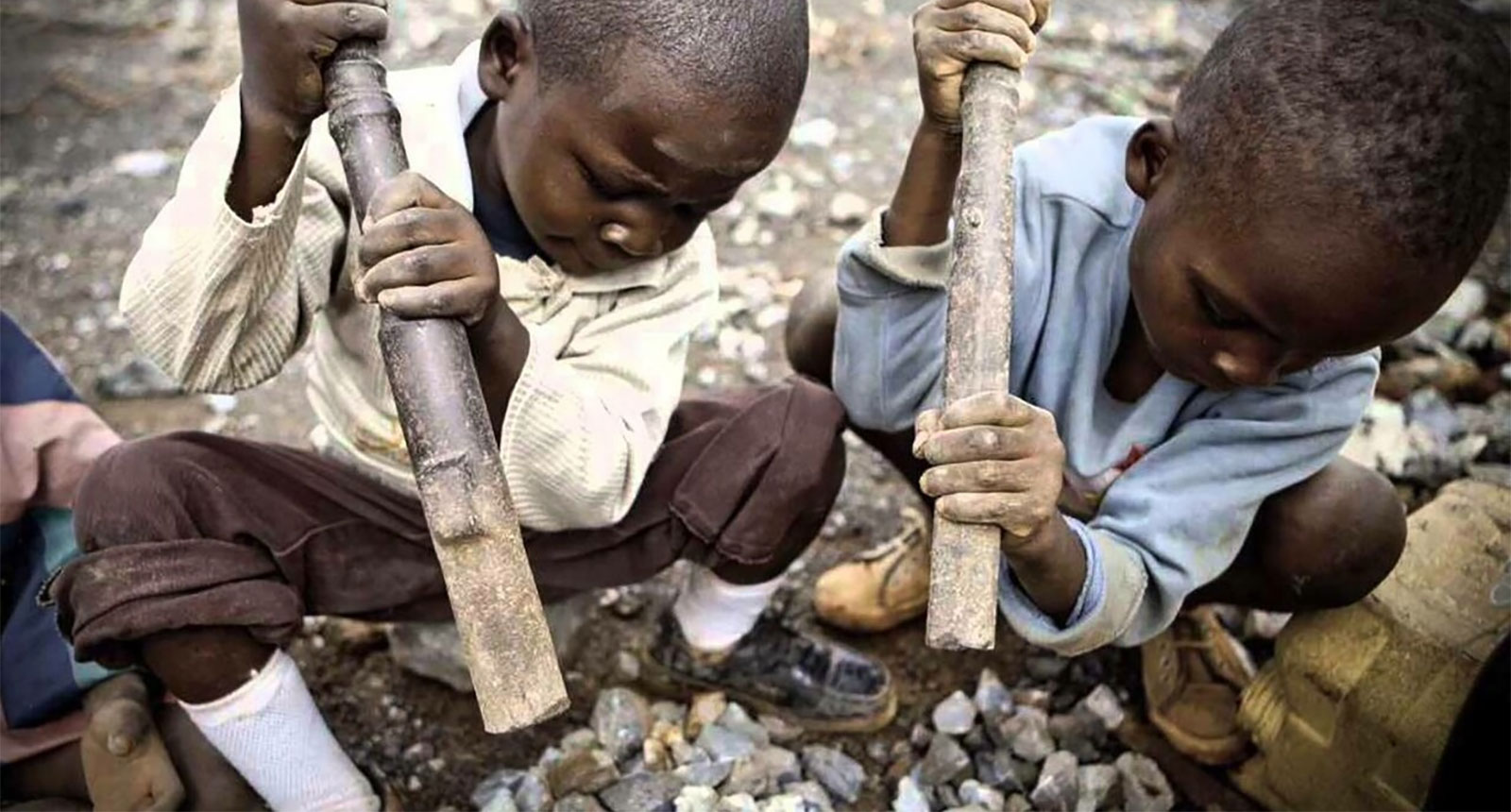
LCN calls for action to end child labour
7 days ago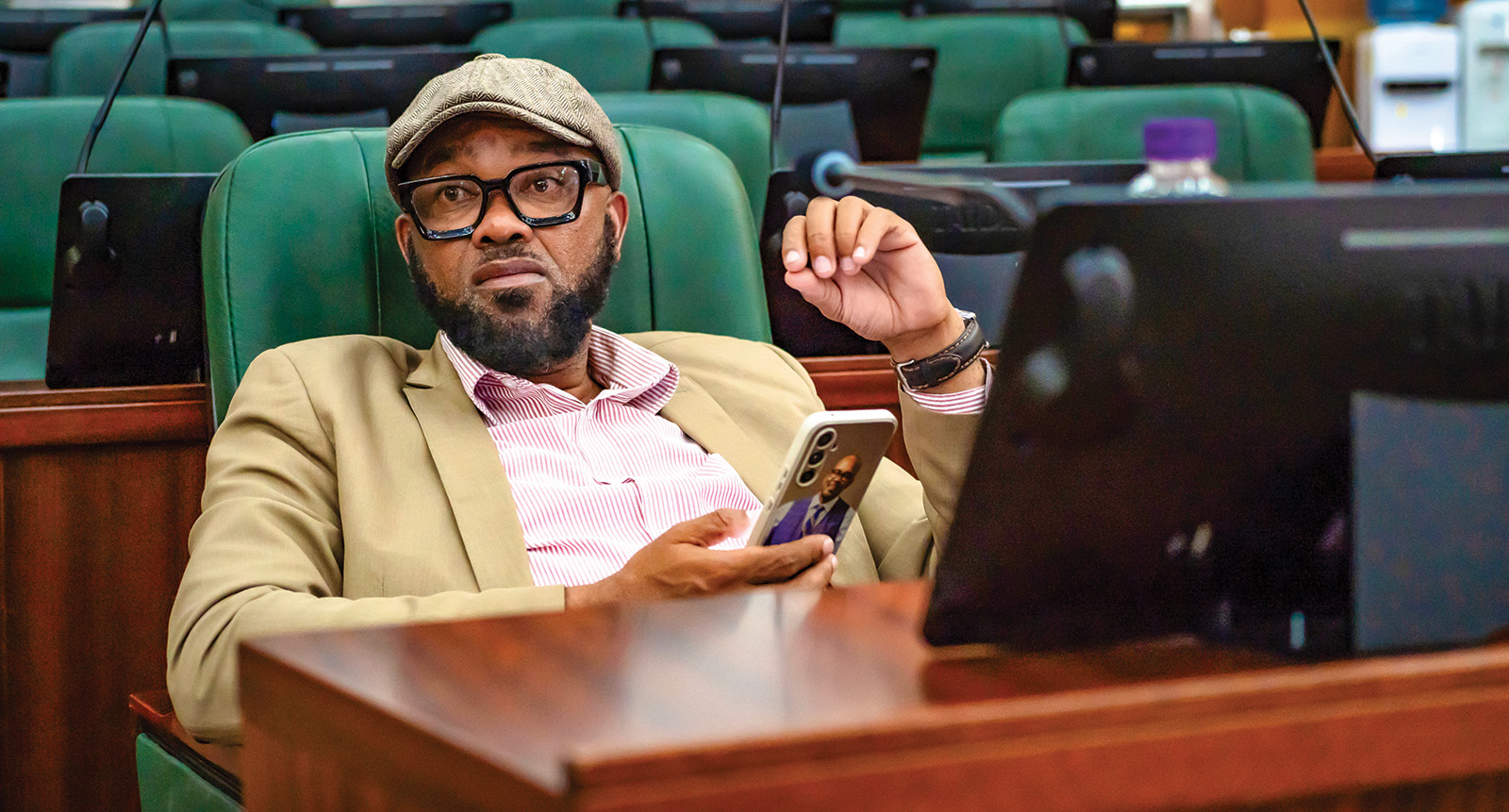
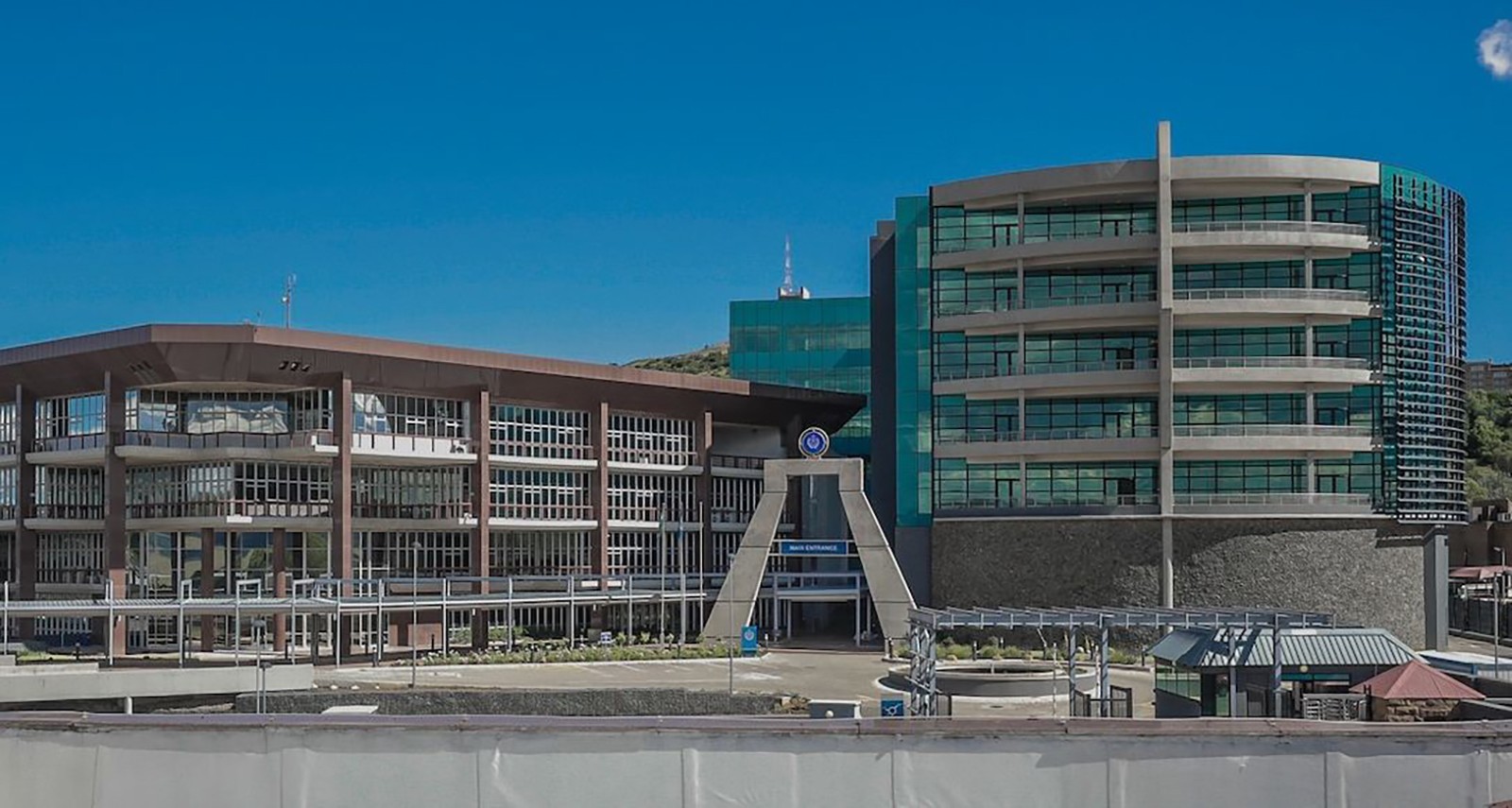
Economy contracts by 5.3% in first quarter
8 days ago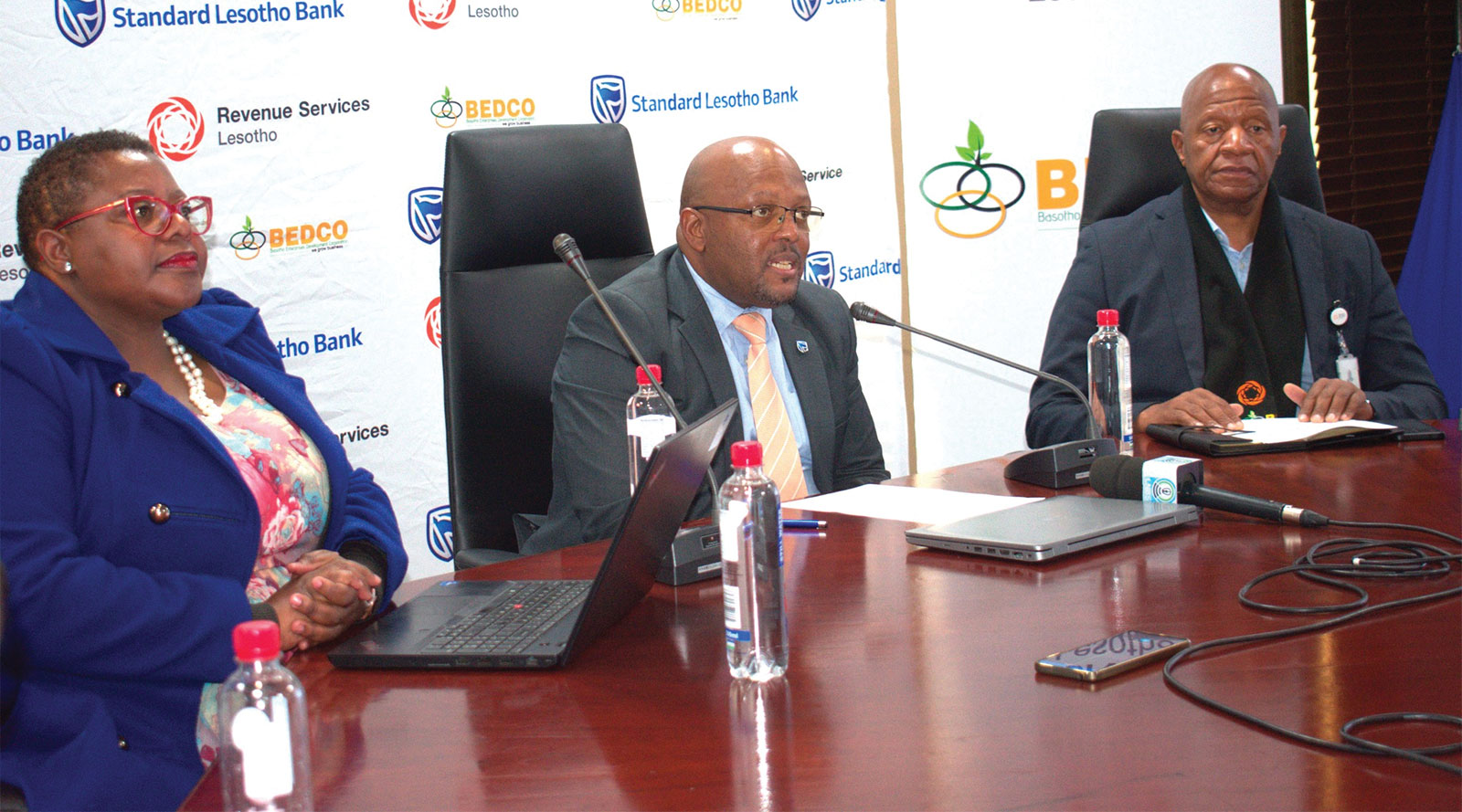
2025 Bacha Entrepreneurship Project launched
8 days ago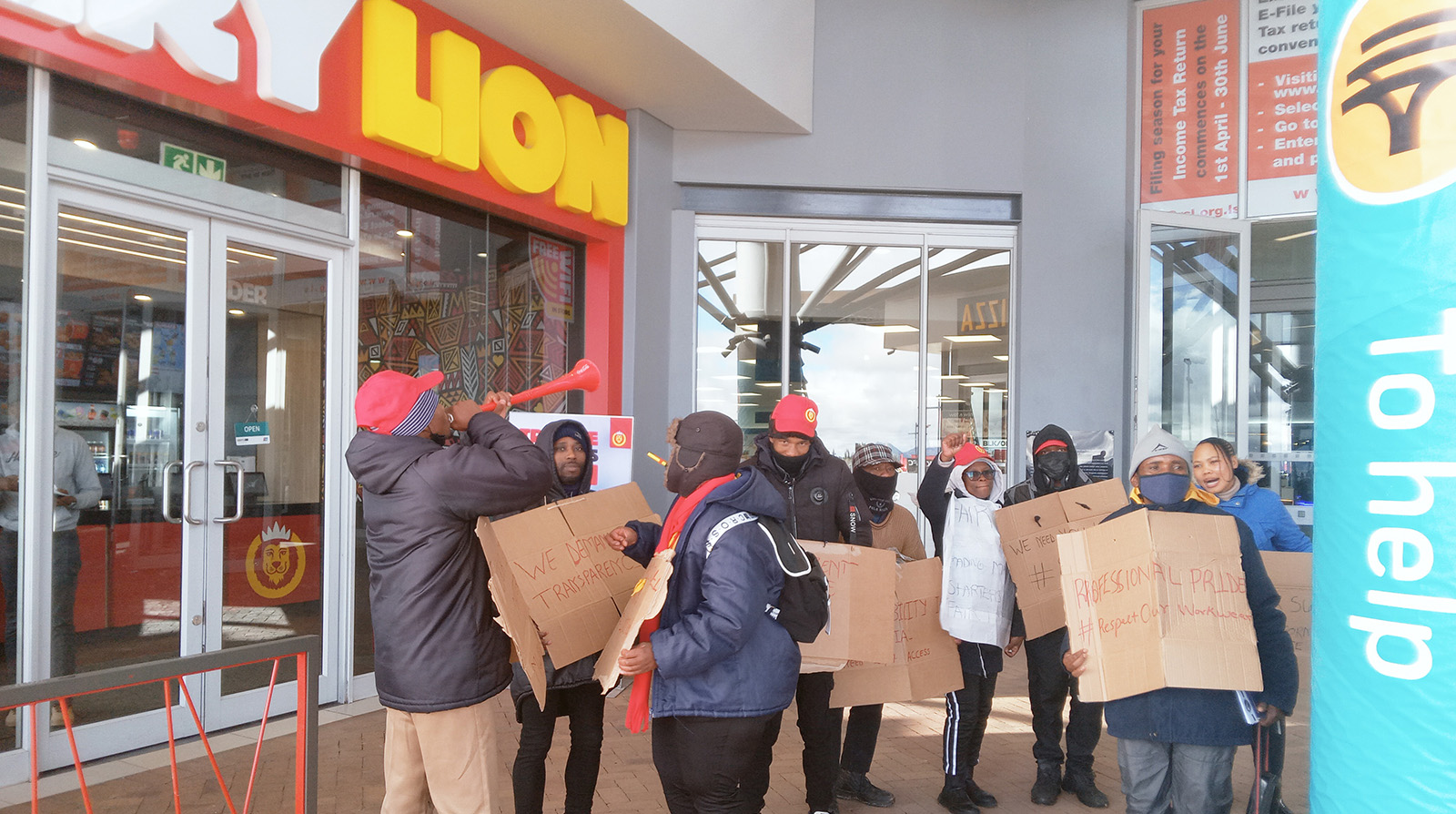
Hungry Lion workers down tools
9 days ago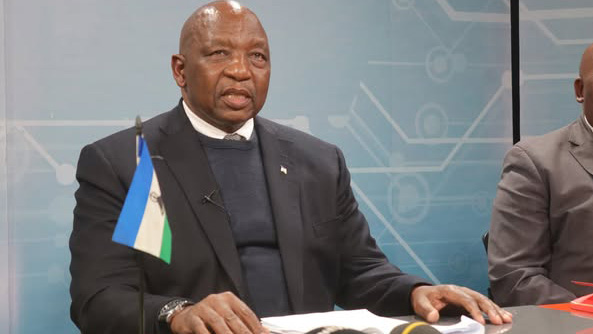
Govt to create 70k jobs for youth
9 days ago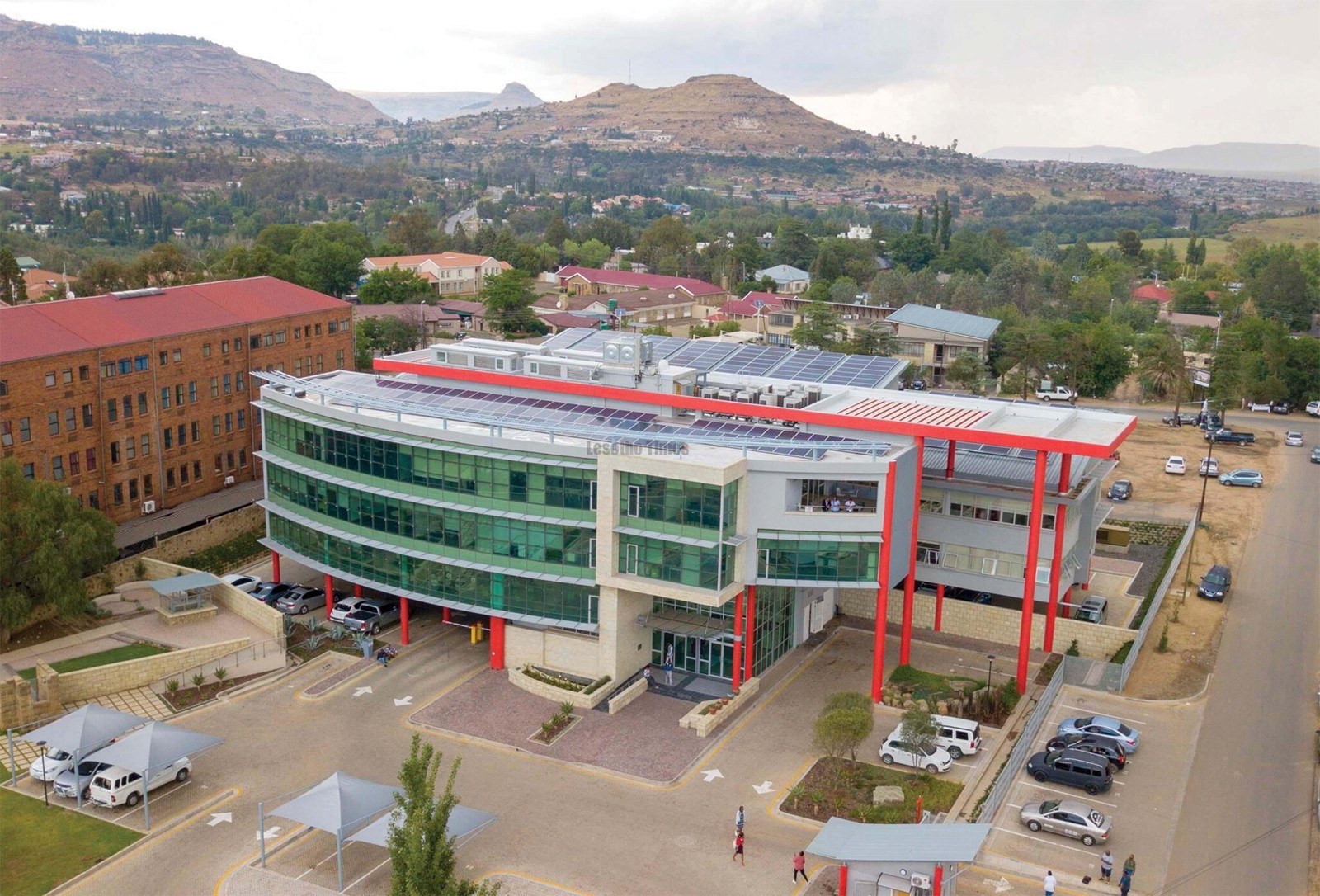
Vodacom scoops top awards
9 days ago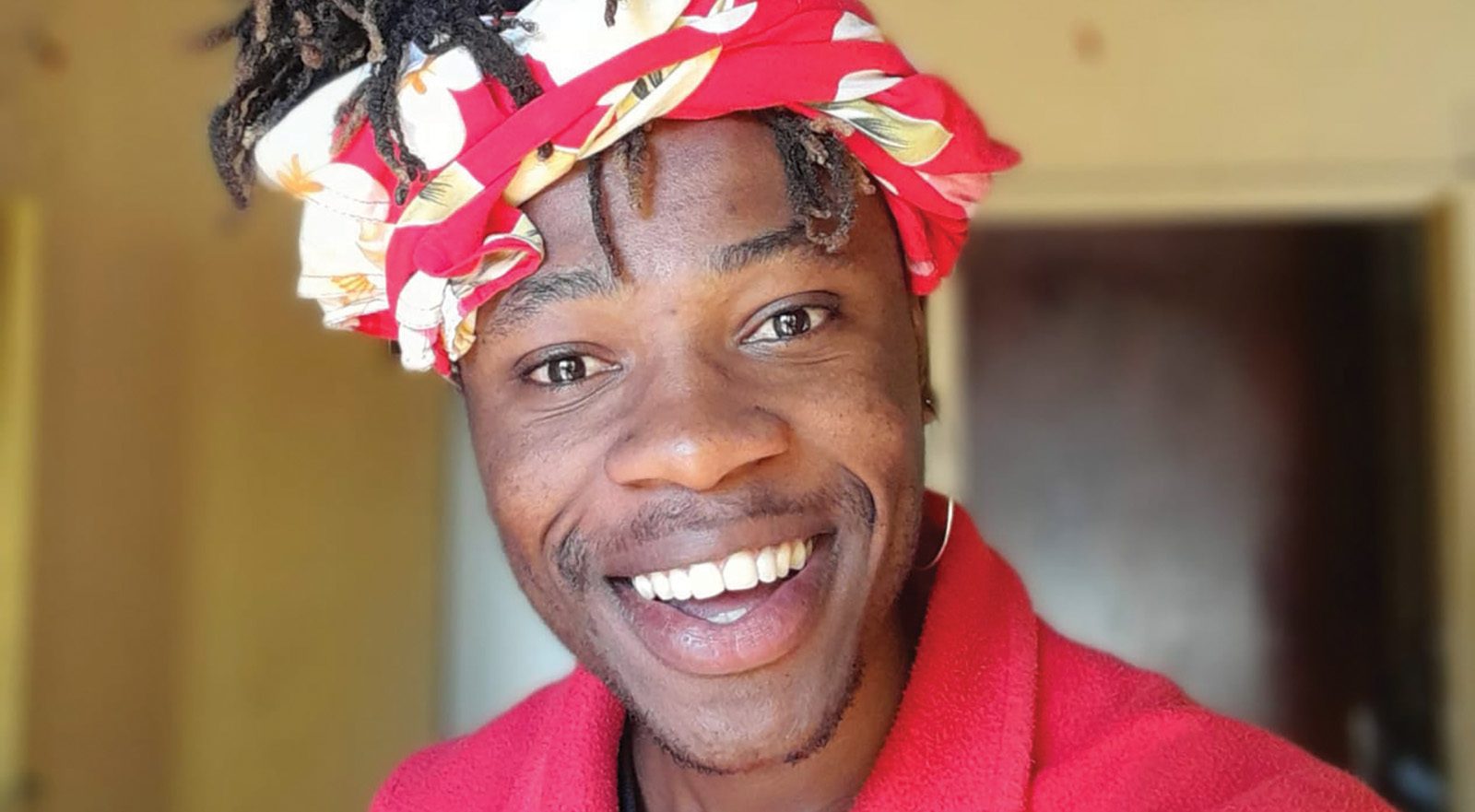
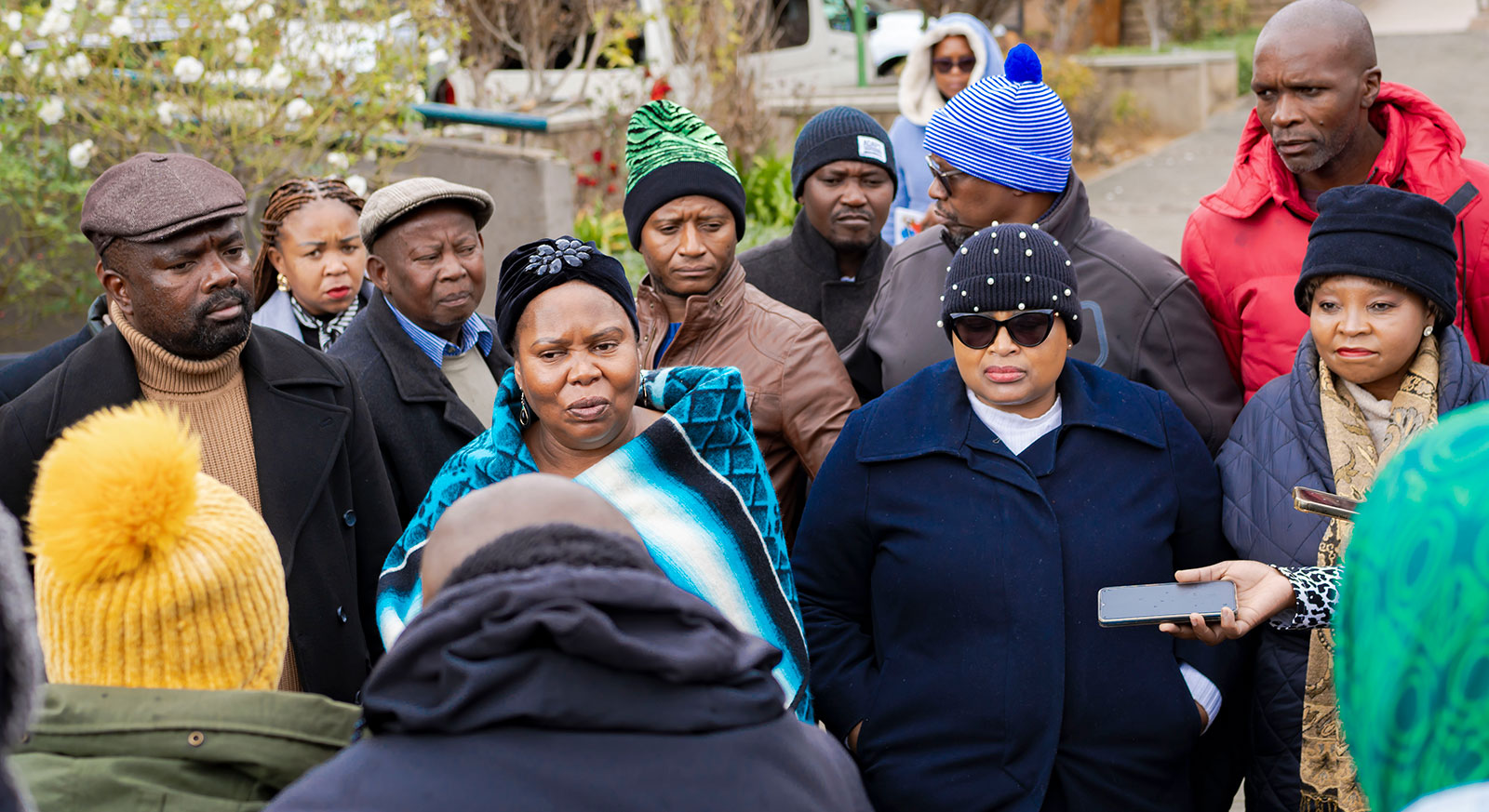
PAC rejoices as High Court dismisses LEC bid
10 days ago
Joy as Ntlholohetsane receives new classrooms
10 days ago